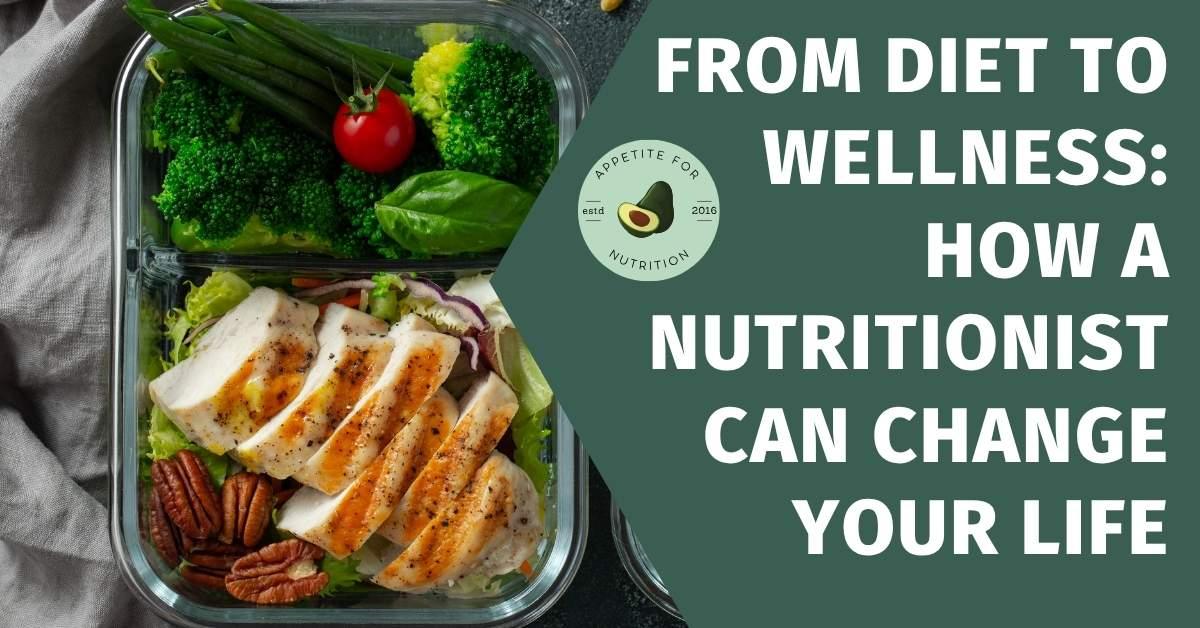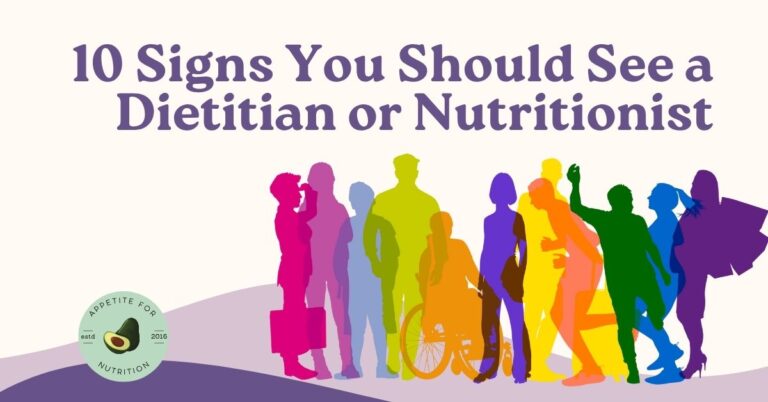
From Diet to Wellness: How a Nutritionist Can Change Your Life
Healthy living goes far beyond calorie counting or following the latest diet trend. True wellness comes from understanding your body’s needs and learning how to fuel it properly — and that’s where a qualified nutritionist or dietitian can make all the difference.
Whether you want to manage a medical condition, build healthier habits, or simply feel your best, a nutritionist provides science-backed guidance tailored to your goals and lifestyle.
Why Work with a Nutritionist or Dietitian?
Working with a nutritionist in Victoria or a NDIS dietitian in Queensland gives you access to personalised support that goes beyond general advice. Every plan is based on your health history, daily routine, preferences, and long-term wellness goals.
Nutrition professionals use evidence-based methods to help you make realistic changes that fit into your lifestyle — not restrictive diets that only work short-term.
Personalised Nutrition Plans
One of the biggest benefits of seeing a nutritionist is having a meal plan designed specifically for you. Unlike generic online diets, your nutritionist considers your:
Age, gender, and metabolism
Medical conditions (e.g. diabetes, IBS, heart disease)
Food intolerances or allergies
Goals such as weight management, muscle gain, or improved energy
An NDIS-registered dietitian can create tailored meal plans for individuals with disabilities, ensuring each plan supports both health and independence within NDIS funding guidelines.
Check out our 7 & 21 day meal plans and recipe books
Support for Eating Disorders and Disordered Eating
Recovering from an eating disorder requires compassionate, structured care. An eating disorder nutritionist helps you rebuild a healthy relationship with food through professional, evidence-based guidance.
They’ll help you:
Understand how emotions influence eating
Restore regular eating patterns
Reduce food-related anxiety
Prevent relapse with long-term strategies
With collaboration between your nutritionist and mental health team, recovery becomes achievable and sustainable.
Managing Chronic Conditions Through Nutrition
The right nutrition can help manage — and even prevent — chronic health conditions. A nutritionist develops plans that support your medical needs and reduce symptoms for conditions such as:
Diabetes: Balancing blood sugar with fibre-rich foods
Heart disease: Lowering LDL cholesterol through heart-healthy fats
Irritable Bowel Syndrome (IBS): Identifying and managing trigger foods
Arthritis: Reducing inflammation through diet
For NDIS participants, an NDIS dietitian ensures each plan meets both your health and functional needs, supporting long-term independence.
Weight Management and Healthy Eating Habits
Forget crash diets and deprivation. A nutritionist focuses on building lasting habits that help you maintain a healthy weight without restriction.
You’ll learn to:
Eat mindfully and recognise hunger cues
Choose nutrient-dense foods
Manage portion sizes
Create realistic, flexible meal plans
This balanced approach promotes steady weight management and sustained energy throughout the day.
Nutrition for Fitness and Performance
For athletes and active individuals, nutrition directly affects endurance, recovery, and performance. A sports dietitian or nutritionist can help you:
Fuel your workouts effectively
Time meals for optimal results
Optimise protein intake for muscle repair
Choose safe, evidence-based supplements
Even small dietary changes can significantly improve performance and recovery.
Building a Positive Relationship with Food
Many people experience guilt or anxiety around eating. A nutritionist helps reframe your mindset by focusing on balance, nourishment, and flexibility.
By learning to enjoy food without fear, you can build confidence and make healthy eating second nature.
Long-Term Wellness and Preventative Care
Nutrition isn’t just about what’s on your plate today — it’s about supporting lifelong health. Consistent, balanced eating can:
Reduce your risk of chronic disease
Improve energy, mood, and focus
Support gut and immune health
Enhance your quality of life
Your nutritionist provides practical tools like grocery lists, portion guides, and meal prep strategies to make healthy eating sustainable.
Wrapping Up
From improving daily energy to supporting recovery from complex health challenges, a nutritionist can guide you toward lasting wellness.
Whether you’re looking for a dietitian in Victoria (Melbourne, Bendigo & more) or Queensland (Brisbane and Gold Coast), need NDIS nutrition support, or want to overcome disordered eating, professional help can make all the difference.
Take the first step toward feeling your best — book a consultation with our experienced team at Appetite for Nutrition today.
This blog was updated October 2025.
Frequency Asked Questions
Find quick answers to common questions about our dietitian services, NDIS support, Telehealth appointments, and booking process.
Dietitians have accredited clinical training and can work with medical conditions, NDIS participants, and hospitals. Nutritionists focus on healthy eating, prevention, and lifestyle-based nutrition advice.
Yes. If you have “Improved Health & Wellbeing” or “Core Supports” funding, you can access services from an NDIS-registered dietitian under your plan.
Absolutely. Balanced nutrition supports mood, sleep, and energy, while dietitians trained in eating behaviours can help you manage emotional eating and food anxiety.
You can book online, call our team, or ask your healthcare provider or NDIS coordinator to send a referral.
Our admin team will match you with the right dietitian for your needs and location.
It depends on your goals. Many clients benefit from an initial consultation followed by fortnightly or monthly reviews to monitor progress and adjust plans.
Your dietitian will design a plan that meets your medical, cultural, and personal needs — ensuring your meals are both safe and nutritionally balanced.



